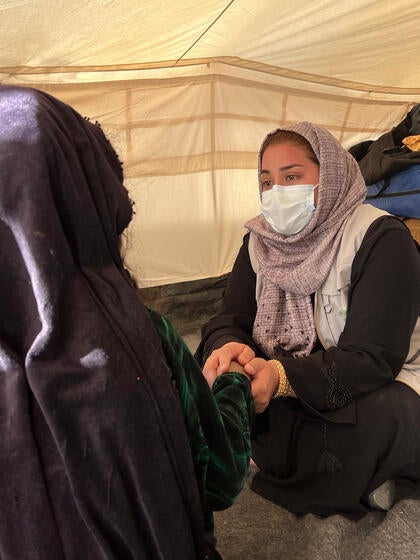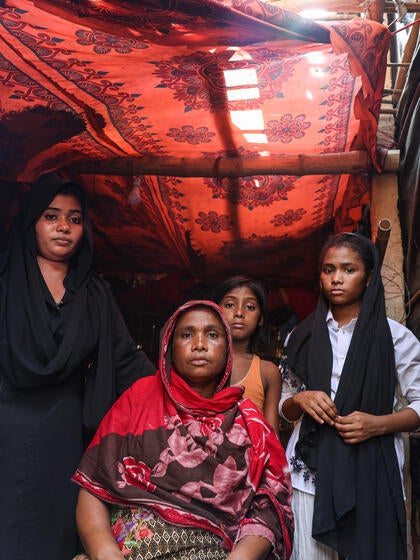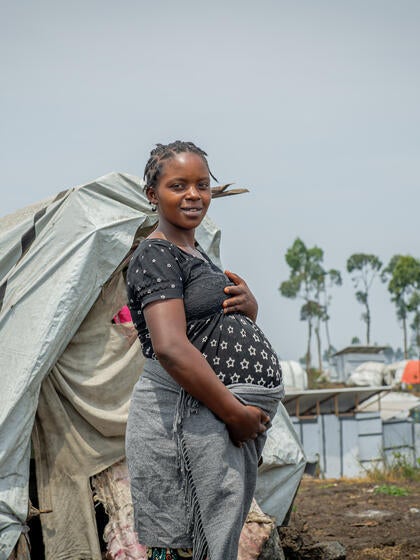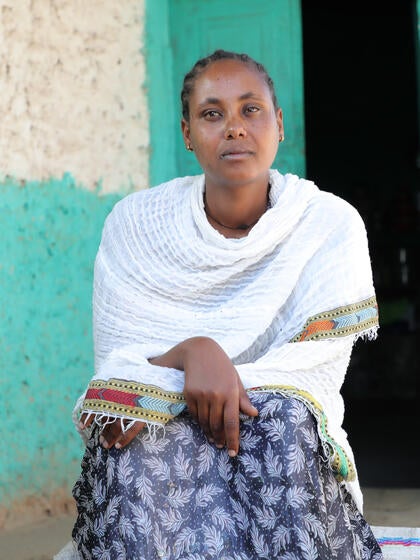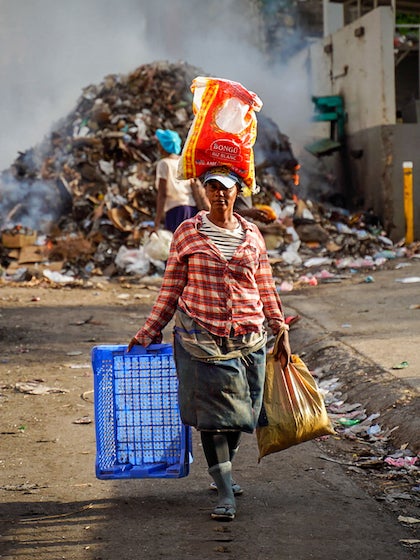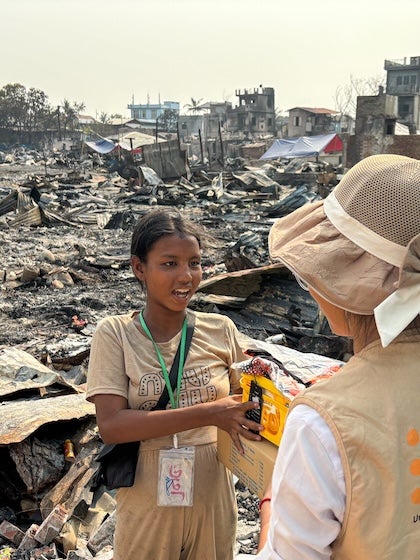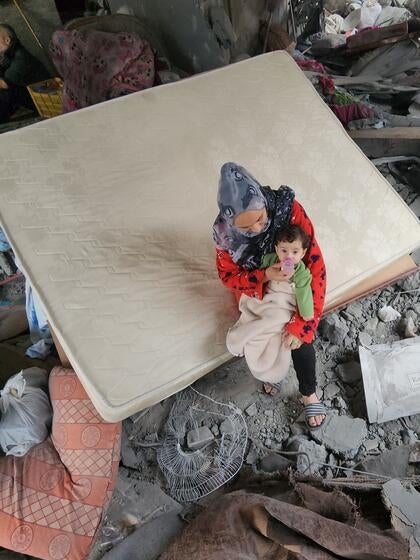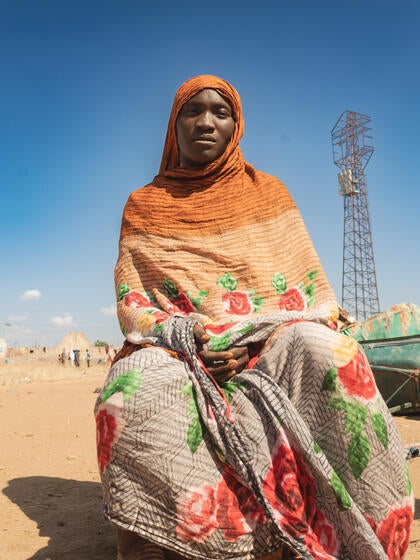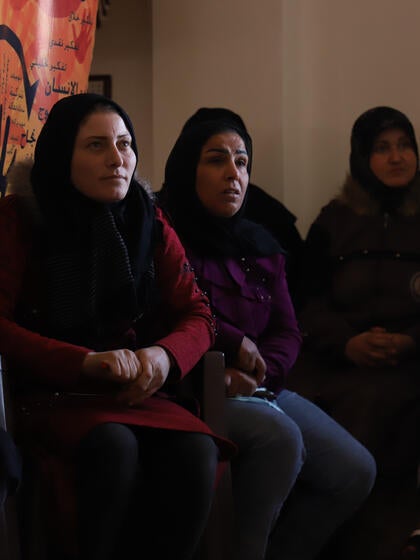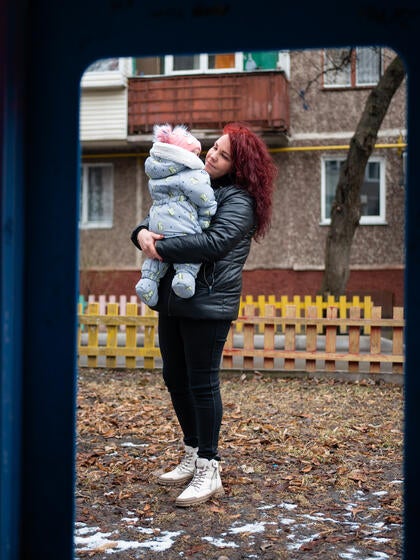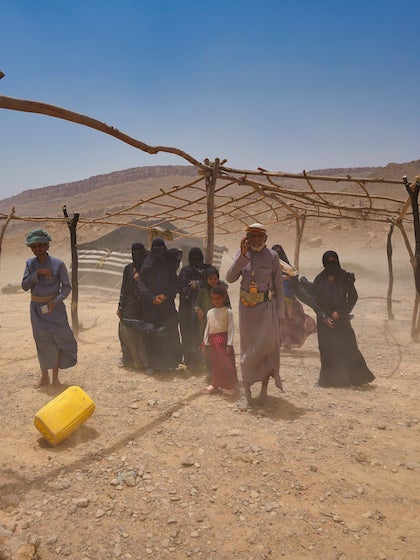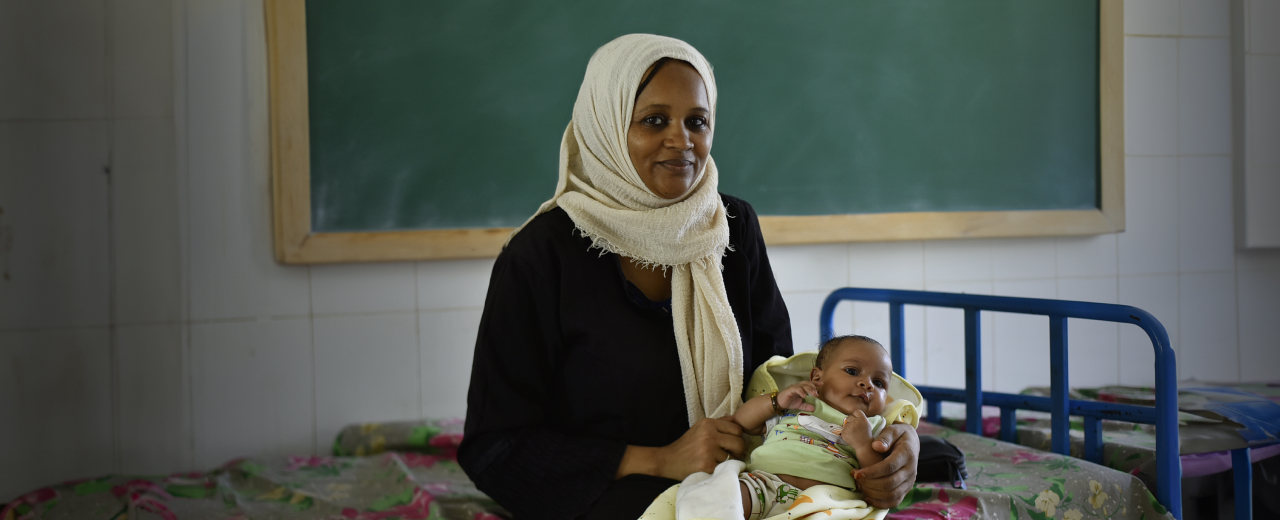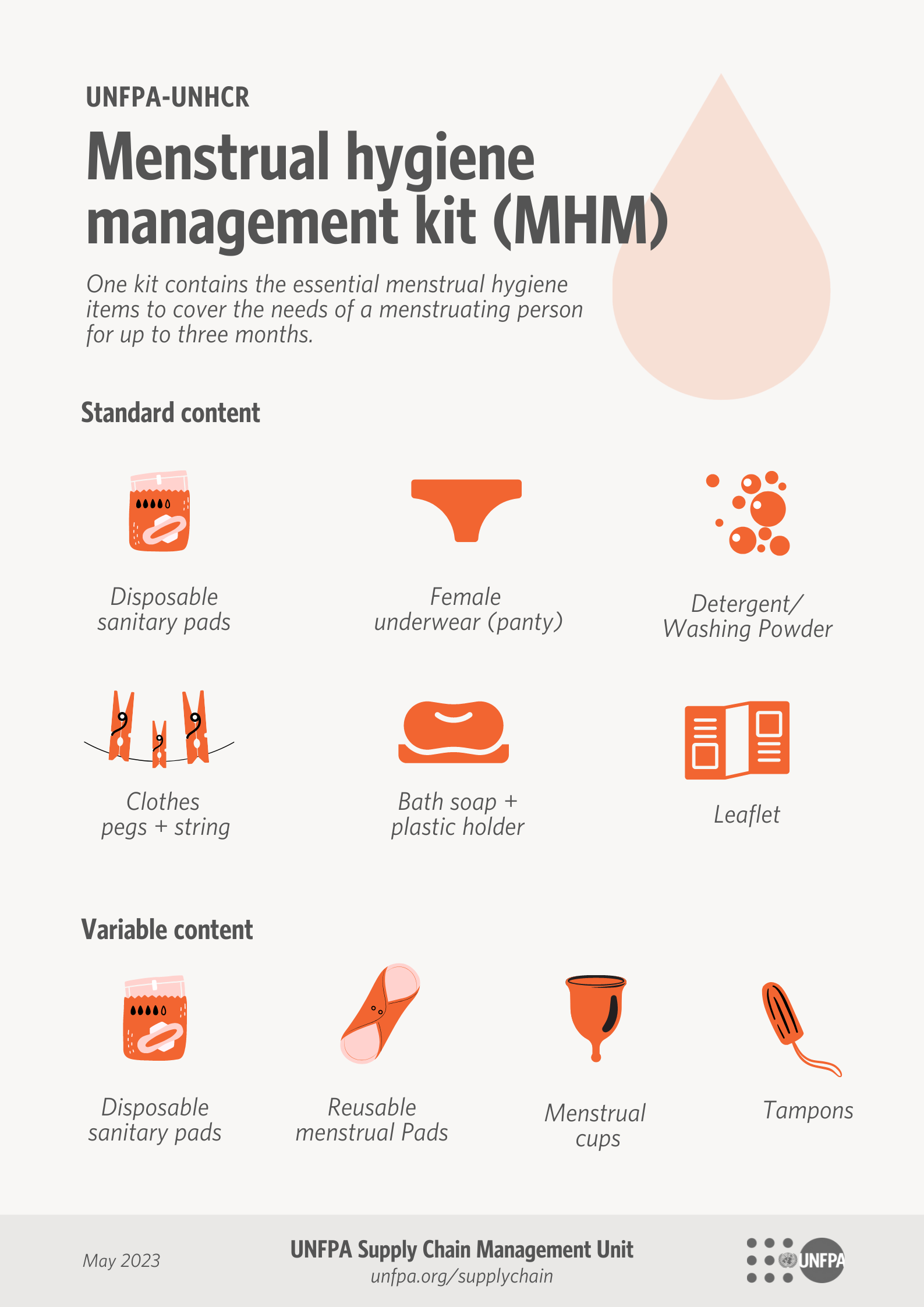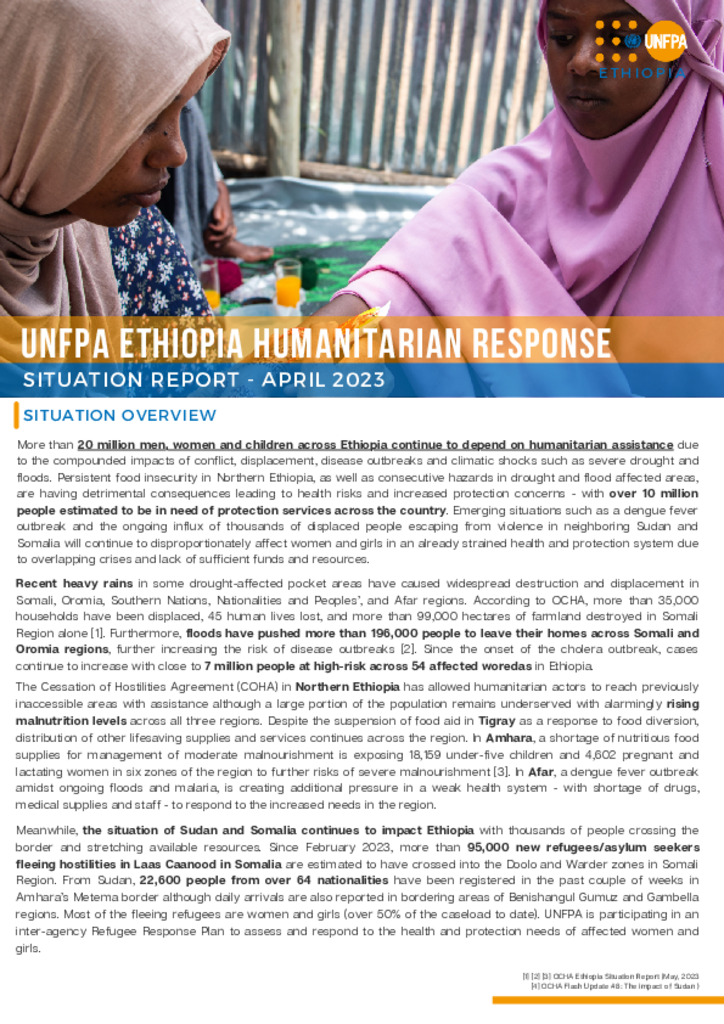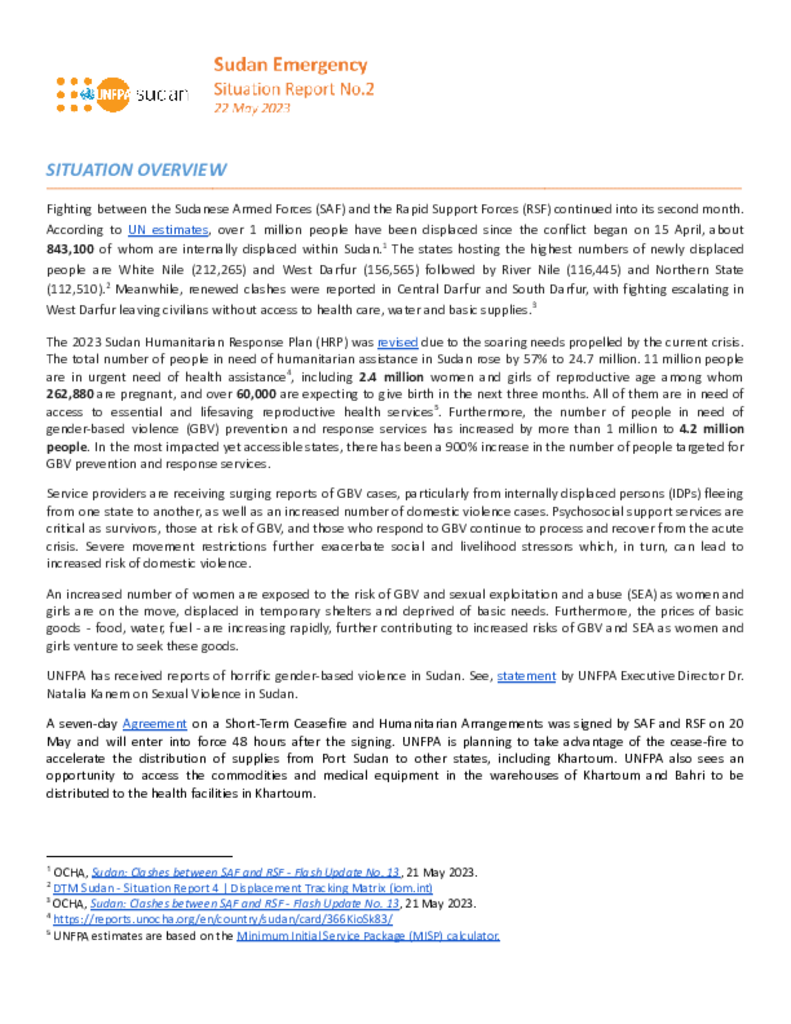Gender-based violence is widespread even during times of peace and is exacerbated during crises. In emergency settings, perpetrators of sexual violence are often able to act with impunity just as women’s and girls’ access to protection and support structures is cut off.
Gender-based violence is one of UNFPA’s core areas of intervention, with a comparative advantage rooted in our integrated approach to prevention and response, which bridges protection and sexual and reproductive health. UNFPA works through health facilities – which are critical entry points for survivors – to provide comprehensive medical care, including post-rape treatment, psychosocial support and referrals for legal assistance.
Clinical management of rape: Survivors of sexual violence can be of any gender or age, but they are disproportionately women and girls. Rape carries severe physical, mental and social consequences for survivors, including depression and anxiety, HIV or other sexually transmitted infections, unintended pregnancies and stigma from family and community members.
UNFPA trains healthcare providers to deliver compassionate, confidential and survivor-centred medical care, counselling and support. UNFPA also provides post-rape treatment kits and other supplies to health facilities, hospitals and trained providers and ensures that survivors have access to mental health and psychosocial support, legal assistance and other essential services.
Safe spaces for women and girls: Working with health authorities and social service providers, UNFPA supports safe spaces in humanitarian settings to ensure women and girls have the support and security they need. These spaces serve as entry points for accessing medical care, psychosocial services and legal referrals.
Sexually transmitted infections: In crisis situations, multiple factors increase people’s vulnerability to contracting sexually transmitted infections, including the collapse of social and information networks, the disruption of family structures, limited access to condoms, and a rise in sexual violence and high-risk behaviours. As the world’s largest international supplier of condoms, UNFPA supports prevention and treatment of sexually transmitted infections through contraceptives, essential medicines and other supplies. UNFPA also supports the training of healthcare providers to recognize and diagnose symptoms, provide effective and confidential treatment and conduct outreach and information campaigns.
Coordination and leadership: Since 2017, UNFPA has been leading the gender-based violence area of responsibility, a global forum to coordinate prevention, risk mitigation and response in humanitarian settings. The forum, which functions as part of the Global Protection Cluster, provides inter-agency policy guidance to gender-based violence sub-clusters worldwide, supports response in non-refugee humanitarian crises and leads standard- and policy-setting for gender-based violence prevention and response.
